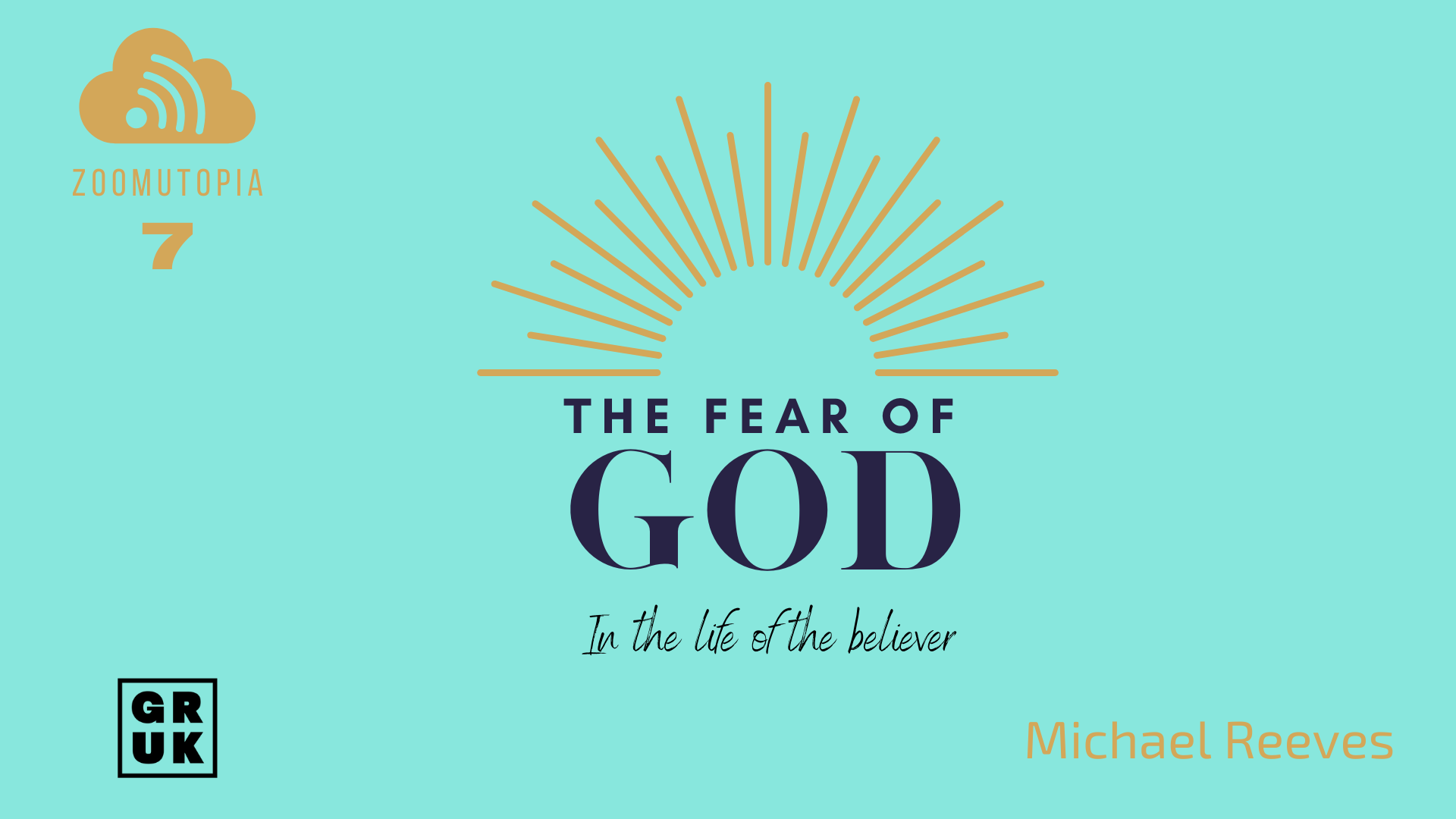Psalms of Ascent and Apocalyptic Literature
When most people think of apocalyptic literature in the Bible, they are most likely drawn to Ezekiel, Isaiah, Zechariah, the apocalyptic sections in the Gospels, and, of course, Revelation.
I’m not sure anyone would immediately think of the Psalms of Ascent as being apocalyptic literature, but bear with me for just a moment, because I think pondering the Psalms of Ascent (Pss. 120-134) can help us recalibrate what apocalyptic literature is all about.
Here are four parallels we can draw between the Psalms of Ascent and the more commonly labeled apocalyptic literature:
A Covenant People in Distress
In the Psalms of Ascent we find a world and a covenant people in distress — this is the opening verse in Ps 120:1 (or Ps. 129, 130)! Apocalyptic literature is all about distress (think Isaiah 40:1, Ezekiel 40:1, Revelation 6:4). The road to Jerusalem was never an easy path; there were dangers from nature (eg the sun, Ps. 121:6), or danger from those seeking to do harm to you whilst on the road. The Psalms of Ascent focus on finding a home amidst danger in a dangerous world. The same is true in apocalyptic literature — people in distress (such as John’s original audience) needing hope that God is sovereign and that he cares for his people (see the recent article by David Pfeiffer on Revelation).
Hope in the Lord Amidst Trouble
The Psalms of Ascent are also about finding hope in the sovereign LORD amidst trouble (Ps. 121, 123, 124). So think of Zechariah 1 where God sends out angels to patrol the earth — he is sovereign over all things. Or Isaiah 40:12 and following which shows God as incomparable! Or Revelation 4-5 showing the majesty of God and how he is worthy of all worship. Following the theme of distress in the first point, the Psalms of Ascent are all about building confidence on the journey. The same is true of apocalyptic literature — yes it can sound scary, and yes it can be hard to understand at times, but at its core it gives us the assurance that God being in control even in the midst of great trouble (Dan. 7).
The New Temple and the Heavenly Jerusalem
In the Psalms of Ascent there is also the heavy emphasis on going to Jerusalem or Mount Zion (122, 125, 126, 133). This grouping of Psalms seems to have been sung as pilgrims travelled to Jerusalem for the annual feast festivals. So of course in Jerusalem it’s the Temple that is the focus — God’s presence among his people (122). In apocalyptic literature, we see a New Temple (Ezek. 40-48) that is grander than anything humanly imaginable. This imagery is picked up again in Revelation 20-22. A New City, the Heavenly Jerusalem, descends, and the saints are ushered in to dwell with God forever.
So these pilgrim songs, the Psalms of Ascent, are very much relevant for us to sing and meditate on today, because we are pilgrims on our way to Jerusalem. But this Jerusalem is more perfect than the one located in Israel. This Jerusalem is a new Temple, and a new Garden - a new place where the name of the LORD will dwell forever (Ezek. 48:35).
The Coming Messiah
Lastly there is the Messianic thrust in the Psalms - land and seed spoken of in Psalm 127 (the centre of the Psalms of Ascent and also a Psalm of Solomon). This theme is also prevalent in several Psalms of David (122, 124, 131, 133) that, interestingly enough, appear to bracket Psalm 127. It must be remembered that the Psalms of Ascent take place in Book 5 (107-150) of the Psalms. Book 3 (Ps 89 saw the collapse of the monarchy) and Book 4 (90-106) have very few Psalms of David (only 101, 103). This dramatically increases in book 5 which culminates in the cycle of praise as the Messiah is victorious in Pss 146-150.
Psalm 132 speaks of an oath sworn by the Lord to David of a son to reign forever (2 Sam. 7). Think of pilgrims singing a song about a king even when no king reigned, revealing their hope in the messiah king that was to come. Apocalyptic literature is all about God being victorious. In Revelation we see this expanded to Christ being victorious (see for instance Rev. 1 and Christ in his resurrected glory, or the host of heaven singing his praise, chapter 4). Then there is the vanquishing of evil (Rev. 19), and the new eternal kingdom to come (Rev. 20-22). This all happens because of what Christ has accomplished on the Cross —sin and death defeated (Ps. 130:1-4)!
To wrap this up, the Psalms of Ascent are apocalyptic because the Bible is apocalyptic. Geerhardus Vos said “eschatology precedes soteriology,” and this helps us see that the Psalms of Ascent, like all of the Bible, are moving (and have always been moving) to a glorious conclusion. We sing the Psalms of Ascent today as pilgrims on a journey - a journey surrounded by danger, certainly, and yet one in which we trust that our Sovereign Lord Jesus Christ will have a glorious and consummate ending: a feast (Rev. 19:6-16)! That is what Revelation sought to teach those to whom it was originally sent, and it’s what it teaches us today. So sing the Psalms and take comfort in God’s plan. Rejoice in the victory won by Christ!
Join us Tuesday the 26th where the Rev Matthew Roberts will be preaching on the topic of ‘Why the End of the World is Good News’ at our Zoomutopia 5.










